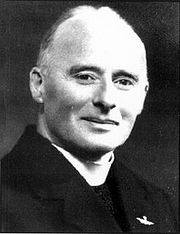Maria Duce was a small Catholic Integrist group active in Ireland, founded in 1942 by Fr Denis Fahey.
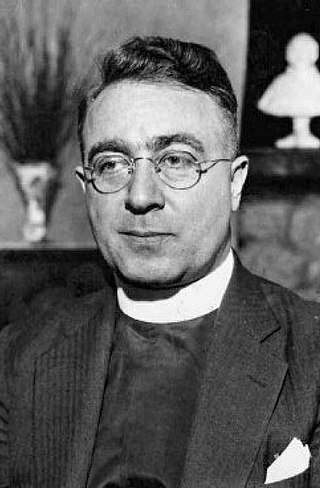
Charles Edward Coughlin, commonly known as Father Coughlin, was a Canadian-American Catholic priest based in the United States near Detroit. He was the founding priest of the National Shrine of the Little Flower. Dubbed "The Radio Priest" and considered a leading demagogue, he was one of the first political leaders to use radio to reach a mass audience. During the 1930s, when the U.S. population was about 120 million, an estimated 30 million listeners tuned to his weekly broadcasts.
The Fifth Amendment of the Constitution Act 1972 is an amendment to the Constitution of Ireland which deleted two subsections that recognised the special position of the Catholic Church and that recognised other named religious denominations. It was approved by referendum on 7 December 1972 and signed into law on 5 January 1973.

Oliver James Flanagan was an Irish Fine Gael politician who served as Minister for Defence from 1976 to 1977 and as a Parliamentary Secretary from 1954 to 1957 and from 1975 to 1976. He served as a Teachta Dála (TD) for the Laois-Offaly constituency from 1943 to 1987.
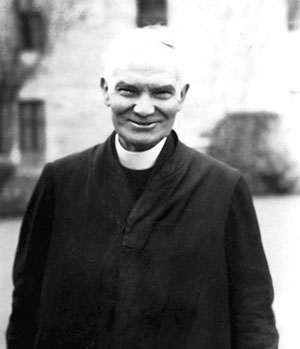
Edward J. Cahill, S.J. was an Irish Jesuit priest and academic, born in Ballyvocogue, Cappagh, County Limerick. He was educated in Theology at Maynooth, and ordained a priest in 1897. He served on the staff of Mungret College and in the years before the Easter Rising he was known for facilitating Irish Volunteers in their training in Mungret. In 1924, he joined the staff of the Jesuit Milltown Park Institute in Dublin as Professor of Church History, Lecturer in Sociology, and later, Spiritual Father.

John Charles McQuaid, C.S.Sp., was the Catholic Primate of Ireland and Archbishop of Dublin between December 1940 and January 1972. He was known for the unusual amount of influence he had over successive governments.

The history of the Jews in Ireland extends more than a millenium. Although the Jewish community in Ireland has always been small in numbers in modern history, not exceeding 5,500 since at least 1891, Jews are generally a well-established and accepted part of Irish life. Jews in Ireland have historically enjoyed a relative tolerance compared to elsewhere in Europe.
The Mother and Child Scheme was a healthcare programme in Ireland that would later become remembered as a major political crisis involving primarily the Irish Government and Roman Catholic Church in the early 1950s.

The Grand Lodge of Ireland is the second most senior Grand Lodge of Freemasons in the world, and the oldest in continuous existence. Since no specific record of its foundation exists, 1725 is the year celebrated in Grand Lodge anniversaries, as the oldest reference to Grand Lodge of Ireland comes from the Dublin Weekly Journal of 26 June 1725. This describes a meeting of the Grand Lodge to install the new Grand Master, The 1st Earl of Rosse, on 24 June. The Grand Lodge has regular Masonic jurisdiction over 13 Provincial Grand Lodges covering all the Freemasons of the island of Ireland, and another 11 provinces worldwide.

John Joseph O'Kelly was an Irish republican politician, author and publisher who served as President of Sinn Féin from 1926 to 1931, Minister for Education from 1921 to 1922, Minister for Irish from 1920 to 1921 and Leas-Cheann Comhairle of Dáil Éireann from 1919 to 1921. He served as a Teachta Dála from 1918 to 1921 and 1922 to 1923.
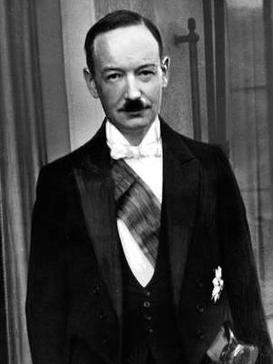
Charles Henry Bewley, GCSG was an Irish diplomat.
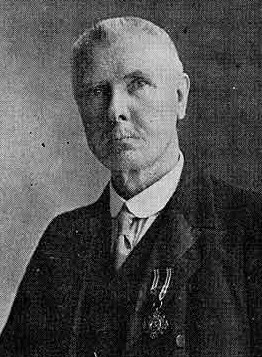
Chevalier William Henry Grattan Flood was a noted Irish author, composer, musicologist and historian. As a writer and ecclesiastical composer, his personal contributions to Irish music produced enduring works, although he is regarded today as controversial due to the inaccuracy of some of his work. As a historian, his output was prolific on topics of local and national historical or biographical interest.
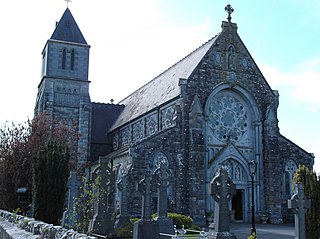
Saint Ailbe, usually known in English as St Elvis (British/Welsh), Eilfyw or Eilfw, was regarded as the chief 'pre-Patrician' saint of Ireland. He was a bishop and later saint.
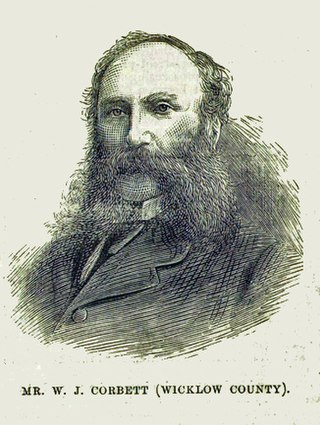
William Joseph Corbet was an Irish nationalist politician and Member of Parliament (MP) for constituencies in County Wicklow for most of the period from 1880 to 1900. He was also a mental health administrator, author and noted dog breeder.
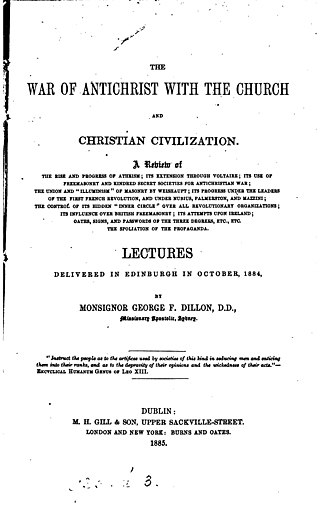
The War of Anti-Christ with the Church and Christian Civilization is a book written in 1885 by an Irishman, Msgr George F. Dillon, DD. It was republished in a slightly edited form by Fr Denis Fahey in 1950 as Grand Orient Freemasonry Unmasked as the Secret Power Behind Communism. The central theme of the book alleges that atheistic Illuminism, through the infrastructure of Grand Orient freemasonry, driven by the ideology of the philosophes laid the foundations for a large scale, ongoing war against Christendom in general and the Catholic Church in particular. The document claims that it had been manifested primarily through manipulating the outbreak of various radical liberal republican revolutions, particularly those focused on atheism or religious indifferentism in their anti-Catholicism. The book details revolutionary activity in France, Italy, Germany and Ireland.
James Henry Monahan was one of the outstanding Irish judges of his time, and one of the first Irish Roman Catholics to achieve judicial eminence. He held office as Attorney General for Ireland and Chief Justice of the Irish Common Pleas.
An Ríoghacht was a conservative Catholic group in Ireland, founded in 1926 by Fr Edward Cahill, Professor of Church History and Lecturer in Sociology at the Milltown Park Institute, Dublin.
James Dowley was an Irish Roman Catholic prelate who served as the Bishop of Limerick from 1720 to 1737.
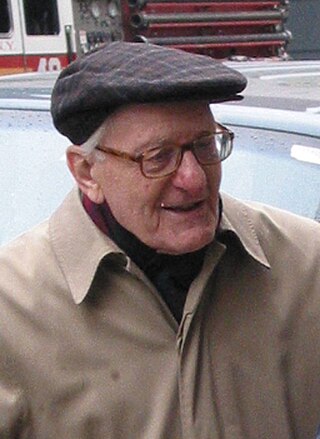
Michael Sayers was an Irish poet, playwright, and writer whose books co-authored with Albert E. Kahn made him a target of US blacklisting during the McCarthyism era of the 1950s. He wrote scripts for TV in the 1950s, and as a screenwriter in the 1960s for movies including James Bond film Casino Royale.
Irish Rosary, was an Irish Catholic monthly magazine produced by the Irish Dominicans. The Irish Rosary was the first publication from the Dominican Publications since its foundation in April 1897, published from the Dominicans, St. Saviour's Priory, Dublin, the monthly journal continued to appear until 1961. Doctrine and Life was published as part of it from 1948 until 1951, when they were published independently.
